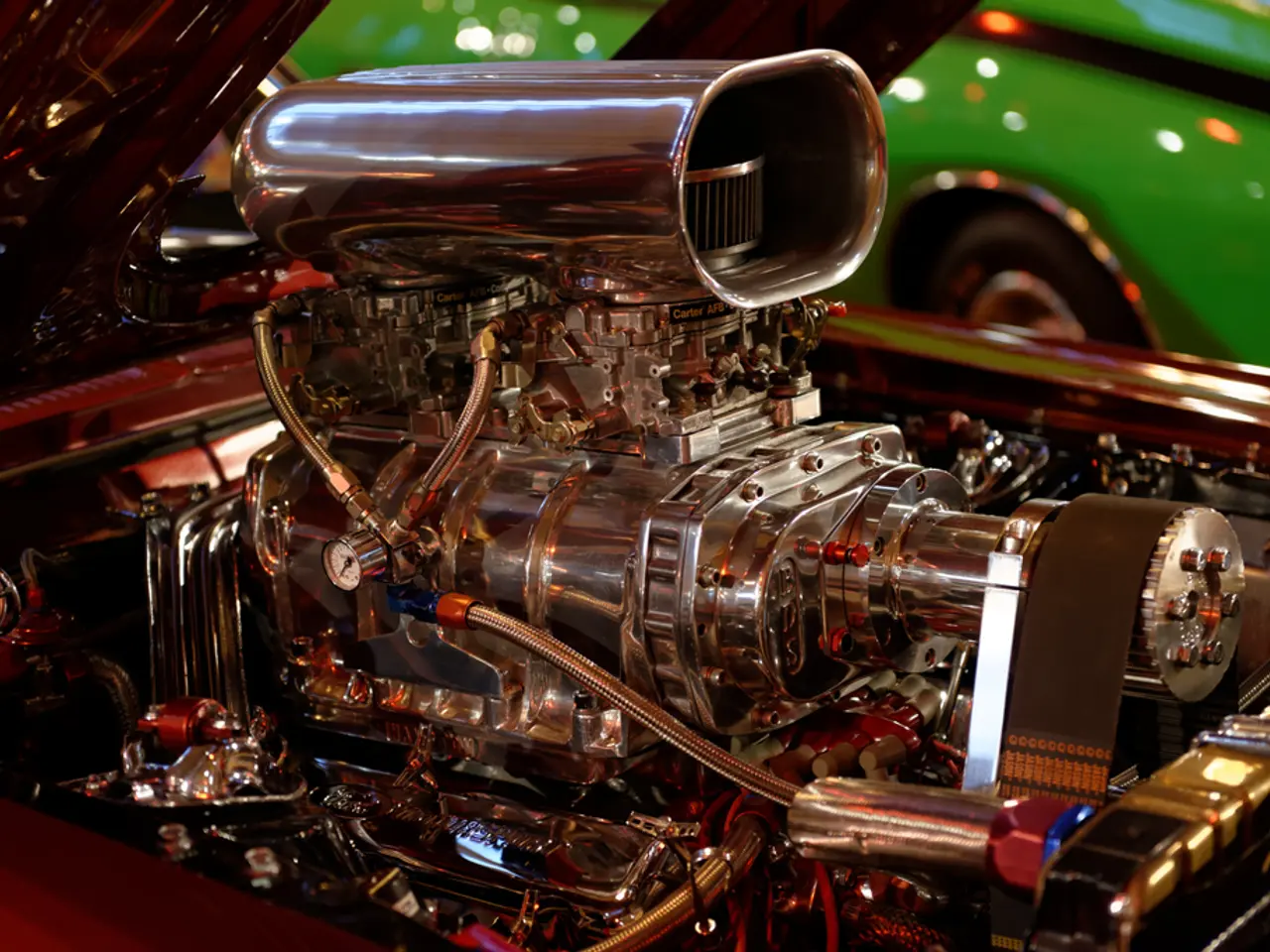Dealership Profits Fueled by Invisible Force: The Significance of Parts Departments
In today's fast-paced world, artificial intelligence (AI) is making a significant impact on car dealerships, particularly in the parts department. By optimising inventory, improving supply chains, and enhancing customer service, AI is revolutionising the way parts are managed.
AI platforms use predictive analytics to track parts sales, forecast demand, and optimise stock levels, reducing shortages or excess inventory. This leads to better parts availability for customers and fewer wait times. AI also tracks parts inventory across multiple dealership locations, making wholesale parts more discoverable online, a crucial aspect as AI powers search engines that customers use to find parts.
Predictive maintenance data powered by AI helps dealership staff anticipate parts needs before failures occur, improving proactive service and parts sales. AI-powered virtual agents or chatbots assist customers by providing rapid responses to inquiries about part installation, warranty status, and order tracking, enhancing the customer experience while freeing staff to focus on higher-value tasks. AI automation reduces operational costs and speeds internal processes by handling routine tasks such as inventory tracking, order routing, and customer communications.
However, for these benefits to fully materialise, dealerships must align their team culture with AI adoption, hiring employees open to using AI tools and focused on customer experience enhancement.
Gary Naples, a parts management guru and the author of books on parts management, emphasises the importance of inventory control, financial knowledge, and satisfying customers in parts management. Naples stresses the need for the parts manager to know the inventory system well, as the digital tool's effectiveness depends on its calibration.
Larry Miller, the late founder of a Utah-based car-dealership empire, began his career as a parts manager. His photographic memory helped him memorise parts numbers, but Naples suggests that such a skill might not have been beneficial in management. Instead, a balance is needed to stock enough parts, but not too many of the slow sellers.
Williams, parts and service director for The Niello Co., takes a methodical approach to his job and rewards positive employee behaviour. In the Niello system, parts employees with carts deliver requested items directly to technicians, allowing technicians to focus on working on cars instead of filling out orders.
The parts department is a low-profile but highly essential part of a dealership. It touches virtually all other dealership departments, affecting service department operations, selling accessories in the new-car department, and quick reconditioning of pre-owned vehicles in the used-car department. As such, its digitalisation, with the inventory control system being part of the dealership management system (DMS), is a critical step towards ensuring smooth dealership operations.
An effective parts manager reviews monthly financial documents, with a focus on profits and losses. They must monitor the settings of the inventory system and how they are affecting inventory. It is a balancing act to stock enough parts, but not too many of the slow sellers.
In conclusion, AI is transforming parts departments by optimising inventory, improving supply chains, automating routine tasks, enhancing wholesale parts visibility, and supporting richer, faster customer service interactions. As dealerships continue to adopt AI, they will undoubtedly reap the benefits of improved efficiency, increased customer satisfaction, and reduced operational costs.
[1] Source: Naples, G. (2014). By the Numbers: Principles of Automotive Parts Management. Automotive Press, LLC. [2] Source: Naples, G. (2017). Beyond the Numbers: Managing the Assets of an Automobile Parts Business. Automotive Press, LLC. [3] Source: Williams, J. (n.d.). The Importance of Parts and Service in a Car Dealership. Dealership Minds Alliance. [4] Source: Miller, L. (n.d.). The Evolution of Car Dealership Parts Departments. Auto Dealer Today. [5] Source: Naples, G. (2020). The Future of Parts Management: Embracing AI and Digitalisation. Automotive Executive.
- The implementation of AI in a business setting, as demonstrated in car dealerships, significantly affects not only the parts department but also other areas such as service, new-car sales, and used-car reconditioning.
- To optimize the benefits of AI in a business context like a car dealership, it's essential for dealerships to have employees who are open to using AI tools, focus on customer experience enhancement, and possess a balance in managing inventory, particularly in the parts department, with financial acuity.




